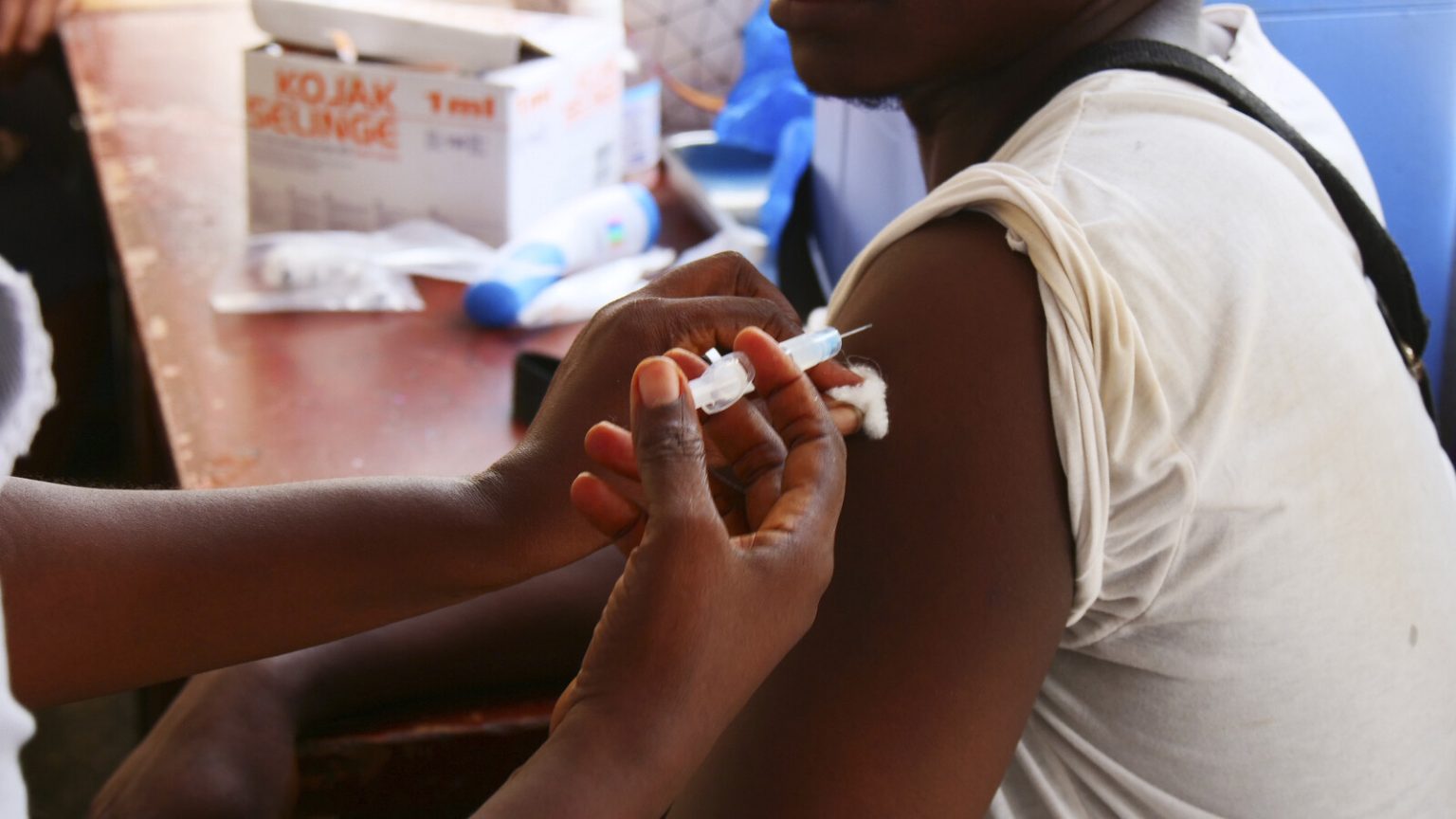Uganda is initiating a proactive vaccination campaign in its capital, Kampala, to preemptively combat the looming threat of an Ebola outbreak. The strategy involves administering over 2,000 doses of an experimental vaccine, despite the fact that it has not yet received formal approval for use against the Sudanese variant of Ebola currently circulating in the region. Authorities are working diligently to expedite the approval process, recognizing the urgent need to protect the densely populated urban center from the devastating potential of the virus. This decisive action follows the recent confirmation of the first Ebola-related death in Kampala, a nurse who succumbed to the disease. This fatality underscores the immediacy of the threat and the importance of swift preventative measures.
The current Ebola outbreak is caused by the Sudanese variant, a strain for which the available vaccine has not yet demonstrated proven efficacy. While the vaccine has shown promise against other Ebola variants, the genetic differences in the Sudanese strain create uncertainty about its effectiveness. Nevertheless, health officials are opting to deploy the vaccine in the hopes that it will provide at least some level of protection, potentially mitigating the severity of the disease even if it doesn’t completely prevent infection. This approach is based on the understanding that any potential benefit, even partial, outweighs the risks in the face of a rapidly evolving outbreak scenario. The decision to proceed with the vaccination campaign despite the absence of definitive data reflects the gravity of the situation and the urgent need to take preventative action.
The recent death of the nurse in Kampala represents a significant escalation of the Ebola threat. Previously confined to more rural regions of Uganda, the virus’s arrival in the capital raises serious concerns about its potential for rapid spread. Kampala’s high population density and interconnectedness with other parts of the country, and indeed the region, create fertile ground for the virus to proliferate. This development underscores the crucial role of swift and effective public health interventions, including contact tracing, isolation protocols, and community education, in containing the outbreak and preventing its widespread dissemination.
Ebola virus disease is a highly contagious and lethal hemorrhagic fever, characterized by its transmission through direct contact with infected bodily fluids, including blood, vomit, and diarrhea. The virus can also be transmitted indirectly through contact with contaminated surfaces or objects. Early symptoms of Ebola often mimic other common illnesses, such as malaria and typhoid fever, making diagnosis challenging in the initial stages. These symptoms typically include fever, fatigue, muscle aches, headache, and sore throat, often progressing to more severe manifestations like vomiting, diarrhea, abdominal pain, and unexplained bleeding. The incubation period, the time between exposure to the virus and the onset of symptoms, can range from two to 21 days.
The high mortality rate associated with Ebola, historically ranging from 50% to 90% in some outbreaks, underscores the urgency of containing its spread. The lack of a specific antiviral treatment further emphasizes the importance of preventative measures. Supportive care, including fluid and electrolyte replacement, maintenance of oxygen saturation, and treatment of any complicating infections, remains the cornerstone of clinical management. While experimental therapies are under development, their availability and efficacy remain limited. Therefore, rapid identification and isolation of infected individuals, coupled with rigorous contact tracing efforts, are crucial in curtailing transmission and minimizing the impact of the outbreak.
The current vaccination campaign in Kampala represents a critical intervention in the fight against the Ebola outbreak. While the effectiveness of the vaccine against the Sudanese variant remains to be definitively established, its deployment reflects a proactive approach to mitigating the potential devastation of the virus in a densely populated urban setting. This initiative, combined with robust public health measures, including contact tracing, isolation protocols, and community education, represents Uganda’s best defense against the escalating Ebola threat. The international community’s support in providing technical expertise, resources, and logistical assistance will be essential in bolstering Uganda’s efforts and preventing a wider regional crisis. Continued surveillance, rapid response mechanisms, and ongoing research into effective treatments and vaccines will be crucial in the long-term battle against this deadly disease.














